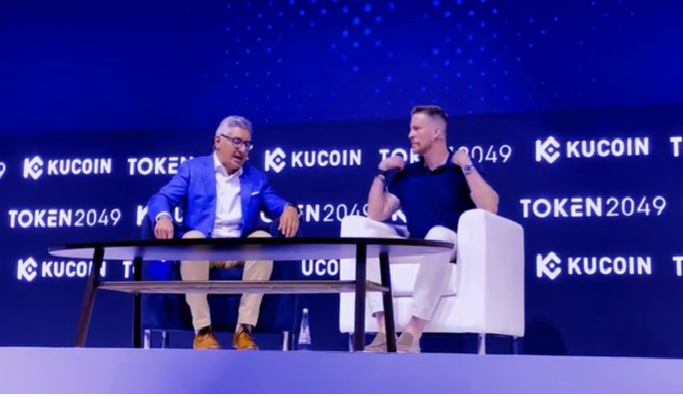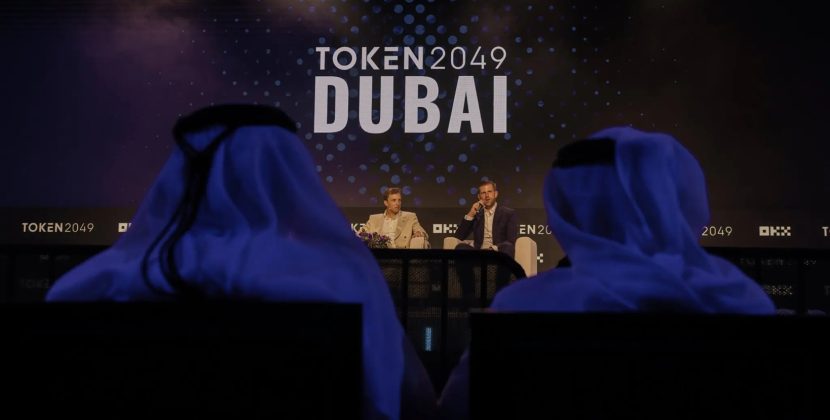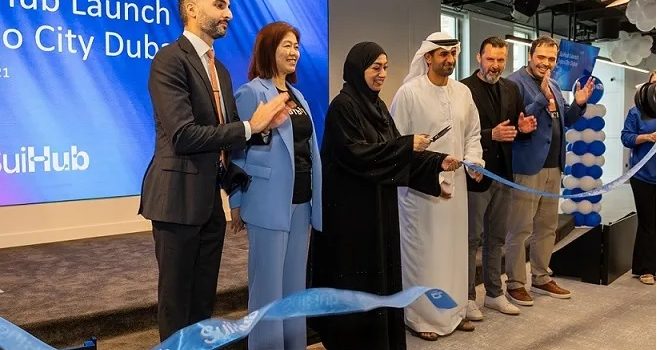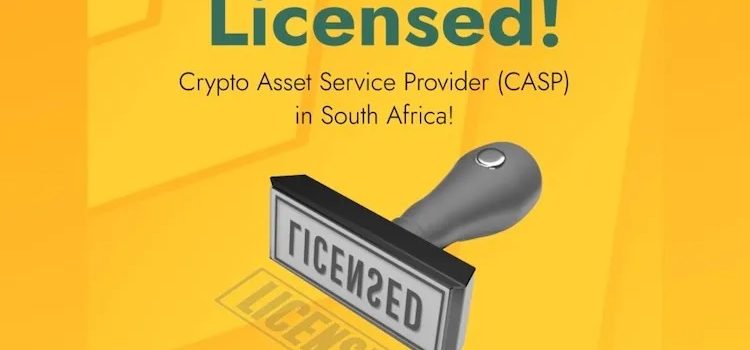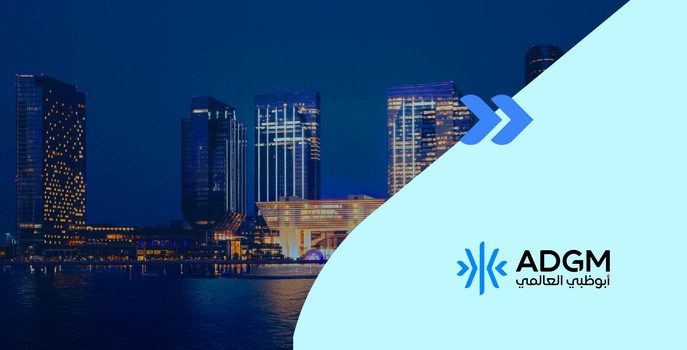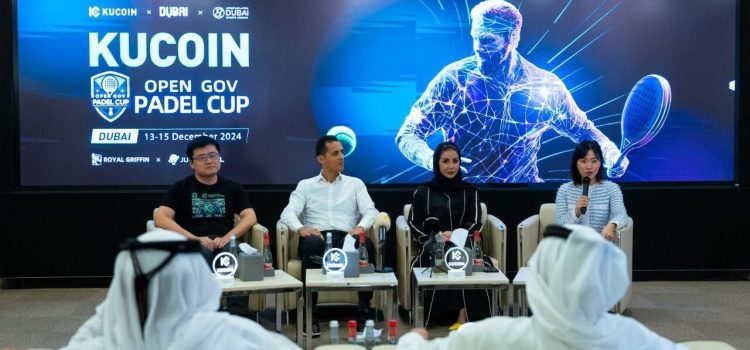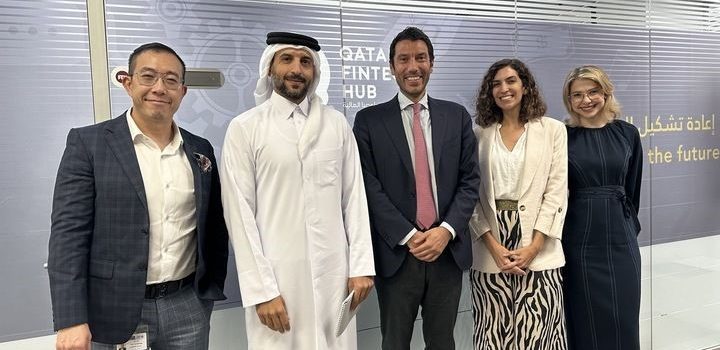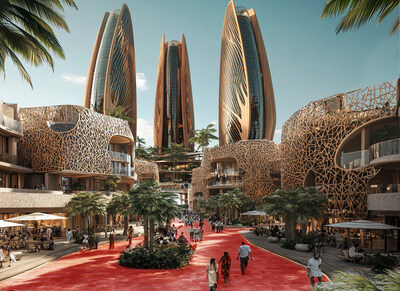
UAE based EaseMyTrip.ae, an online travel tech platform has partnered with BNZ Green, a sustainable technology solutions provider, to foster eco-friendly travel choices for the UAE travelers using its blockchain platform. This collaboration marks a significant milestone in EaseMyTrip’s commitment to promoting eco-friendly green travel and reducing the environmental impact of the tourism industry.
EaseMyTrip will integrate BNZ Green’s cutting-edge APIs into its booking platform. All of this will be provided through a seamless sync of a blockchain-based carbon offset program, enabling travelers to purchase carbon credits directly through the platform and receive verifiable certificates stored on a secure blockchain. The users will also have real-time access to carbon emission calculations which will make them aware of their flight’s carbon footprint. In the broader sense, this initiative would create responsible travelers that are committed to doing their bit for the environment.
BNZ Green Technologies is an innovator in climate-tech, dedicated to helping organizations achieve sustainability goals with advanced, tech-driven solutions. Their proprietary platform, BNZ X, leverages blockchain to manage and trade climate commodities, including carbon credits, International Renewable Energy Certificates (IRECs), and Extended Producer Responsibility credits (EPRs), driving impactful change toward a net-zero future. BNZ Green remains at the forefront of climate-tech, committed to redefining sustainability solutions for a greener tomorrow.
Commenting on this initiative, Mr. Rikant Pittie, Co-Founder of EaseMyTrip, stated, “At EaseMyTrip, we recognize our responsibility to promote sustainable travel options. Our partnership with BNZ Green aligns perfectly with our vision to offer innovative solutions that benefit both our customers and the environment. By providing transparent carbon footprint data and easy offset options, we’re empowering our users to make eco-conscious decisions without compromising on their travel experiences.”
Dr. Neha Jain, Co-Founder of BNZ Green, added, “We’re excited to collaborate with EaseMyTrip on this forward-thinking project. By integrating our APIs into their popular platform, we’re bringing sustainable travel options to millions of users. This partnership demonstrates how technology can be leveraged to create meaningful change in the fight against climate change.”
The integration of BNZ Green’s technology into the EaseMyTrip platform is expected to significantly enhance EaseMyTrip’s position as a leader in sustainable travel solutions and cater to the growing demand for eco-friendly travel options among environmentally conscious consumers.
As the travel industry continues to evolve, EaseMyTrip remains committed to innovating and providing solutions that not only meet the needs of modern travellers but also contribute to a more sustainable future for global tourism.

